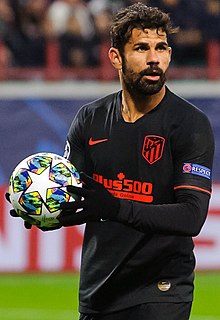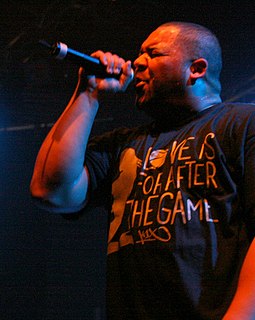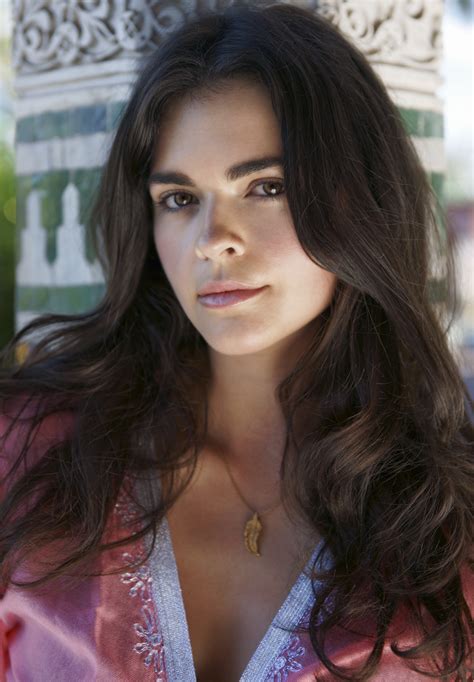A Quote by Dimitri Payet
Related Quotes
One may enter the literary parlor via just about any door, be it the prison door, the madhouse door, or the brothel door. There is but one door one may not enter it through, which is the child room door. The critics will never forgive you such. The great Rudyard Kipling is one of a number of people to have suffered from this. I keep wondering to myself what this peculiar contempt towards anything related to childhood is all about.
I don't want to close the door that if any of us were president of the United States that we would sit idly by and watch something like the Holocaust go down. I don't want to close the door on the United States involving themselves and putting a stop to that. Can we spend money on that? Yeah, I think so.
Alistair Crowley used to define magic as anything in which you can exercise your will in the world through the use of your mind. So what's the magical way of opening or closing that door? Well, to will your body to stand up and close or open that door, that's magic. With the iPhone, it's like you put your intent into it, and it helps you exercise that intent in the world.
I've always been able to write rhymes and that would be like when you consult with your girl. When I'm mad and s - t like that I would throw headphones on and close my room door, when I'm mad I just close the door with my girl and f - k her. In so many different ways hip-hop has been like my girl and it's always been there to hold me down.






































